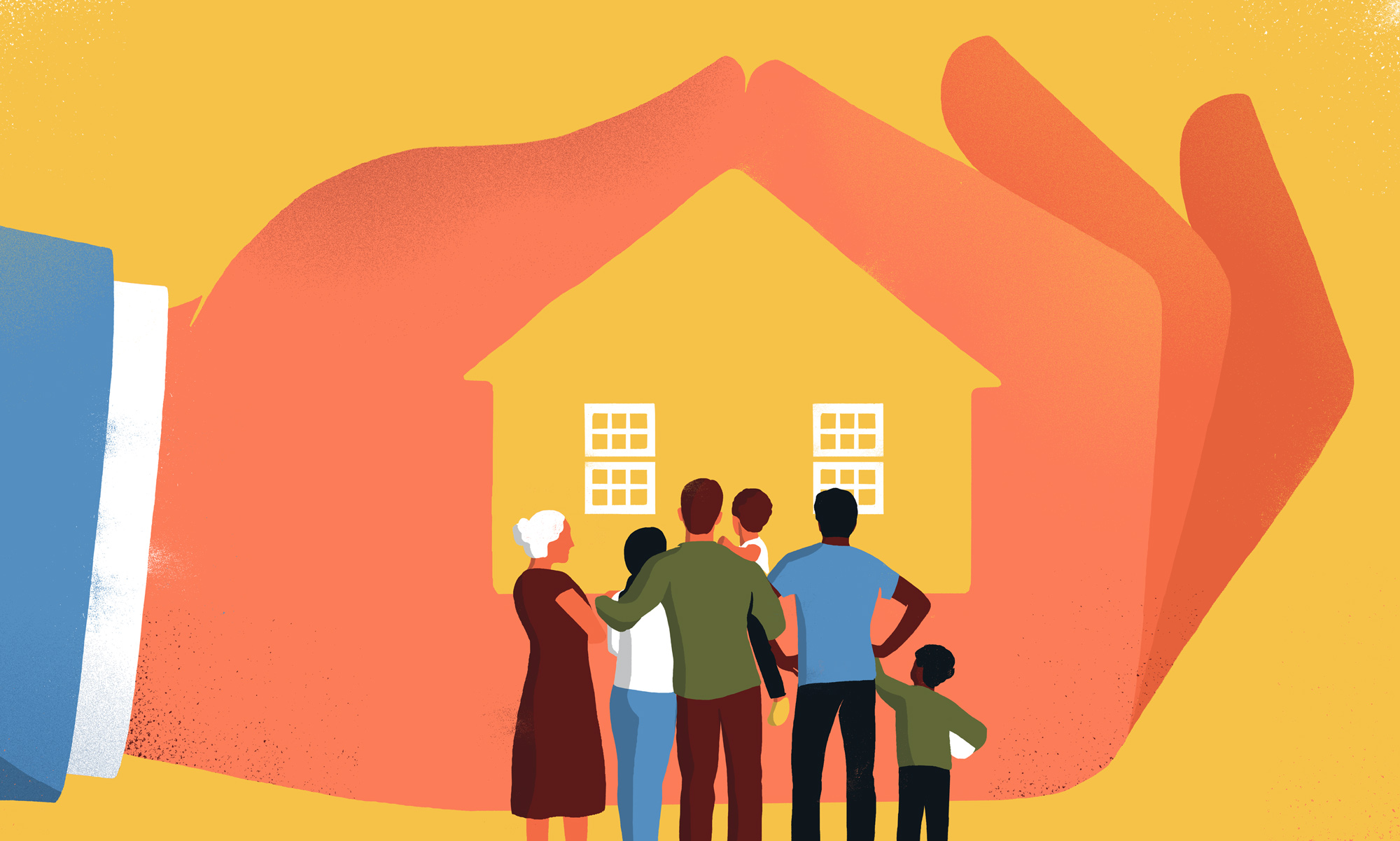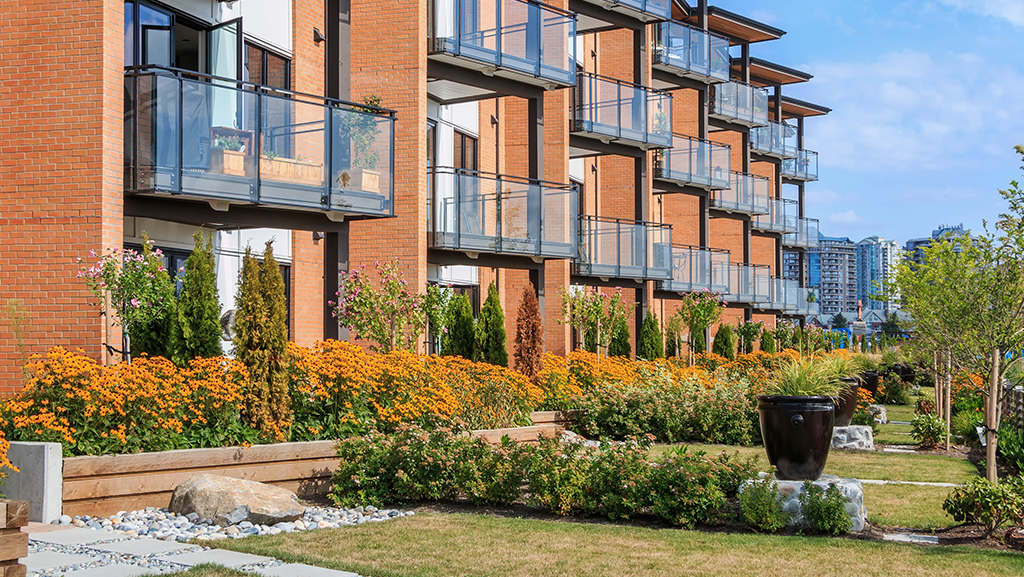How to Find the Most Affordable Options and Secure Affordable Homeownership
How to Find the Most Affordable Options and Secure Affordable Homeownership
Blog Article
Economical Homeownership Options for First-Time Homebuyers
As the real estate market remains to evolve, novice buyers face special challenges in protecting budget-friendly homeownership alternatives. Various sources, including government support programs, low-down-payment mortgages, and targeted grants, have emerged to minimize financial pressures. These efforts not only help with homeownership but additionally foster neighborhood stability and economic growth. Nonetheless, navigating these options can be complicated, and understanding which pathways are most helpful requires careful consideration. What methods can prospective house owners employ to maximize their opportunities in this landscape?
Federal Government Aid Programs
Entitlement program programs play a crucial function in making homeownership achievable for lots of people and households. These programs intend to reduce the monetary concern related to buying a home, particularly for first-time customers. By using financial aid, grants, and tax obligation incentives, government campaigns aid link the void in between rising housing prices and the buying power of prospective homeowners.
Different programs are readily available at the government, state, and regional degrees. The Federal Housing Management (FHA) gives insurance policy on car loans, allowing loan providers to offer extra beneficial terms, such as reduced down settlements and reduced interest rates. Additionally, state and regional governments often have their own efforts, which may consist of down settlement assistance programs, property buyer education and learning training courses, and beneficial home mortgage terms.
These programs are developed to resolve the one-of-a-kind obstacles faced by low- to moderate-income family members, consisting of limited cost savings and credit rating. By promoting an environment where homeownership is much more accessible, entitlement program programs not just sustain private goals yet likewise add to neighborhood stability and economic development. Recognizing and making use of these resources can dramatically boost the leads of successful homeownership.
Low-Down-Payment Home Loans
For several aspiring home owners, low-down-payment mortgages offer a viable pathway to homeownership, particularly in today's tough real estate market. These mortgage options typically call for deposits ranging from 3% to 5%, making it easier for first-time customers to go into the marketplace without the problem of conserving for a substantial deposit.
Numerous lenders use low-down-payment programs, including conventional loans backed by Fannie Mae and Freddie Mac, as well as government-backed options like FHA car loans. These home mortgages are developed to suit individuals with restricted savings while still supplying competitive rates of interest. Notably, they allow purchasers to retain more cash money for various other crucial expenses, such as moving costs, home inspections, and prospective renovations.
Nonetheless, potential homeowners must bear in mind the compromises related to low-down-payment home loans. A smaller sized deposit may cause greater regular monthly settlements and the requirement of private home mortgage insurance policy (PMI), which safeguards loan providers in situation of default. It is essential for new customers to perform complete research and seek advice from with home loan professionals, guaranteeing they choose a low-down-payment alternative that straightens with their lasting monetary objectives.
First-Time Buyer Grants
Several first-time buyers find that gives can substantially relieve the financial worry of buying a home, complementing low-down-payment home loan options. These grants, frequently given by state and non-profit companies or local federal governments, offer monetary support that does not call for payment, making them an attractive alternative for those entering the real estate market.
Qualification for first-time buyer gives normally depends upon income, credit reliability, and the purchase cost of the home. Lots of programs are created to aid low- to moderate-income family members, ensuring that assistance reaches those who require it most. The application procedure frequently entails documentation of financial condition, buyer education and learning courses, and often also a dedication to stay in the home for a specific duration.
The quantity of assistance varies commonly, with some gives offering several thousand bucks to help cover shutting prices or deposits. Looking into available gives in your location is essential, as programs frequently alter and may have certain demands. By leveraging these funds, new homebuyers can make homeownership much more obtainable, inevitably attaining their dream of having a home while mitigating the initial monetary pressure.
Cutting-edge Neighborhood Efforts
Ingenious area initiatives are playing a vital duty in expanding budget-friendly homeownership alternatives for homeowners. These campaigns often include collaborative efforts in between local federal governments, non-profit companies, and economic sector stakeholders to develop lasting real estate solutions customized to area demands.
One notable approach is the establishment of community land counts on (CLTs), which allow citizens to purchase homes while the land continues to be had by the count on. This model aids preserve affordability gradually and protects against speculative cost increases. Furthermore, CLTs typically offer instructional sources and support solutions to equip first-time buyers.
One more effective effort is the development of mixed-income real estate jobs, which blend budget-friendly units with market-rate homes. This strategy cultivates inclusive areas and decreases the preconception commonly related to low-income housing. Neighborhood federal governments are click for more info progressively supporting zoning reforms to promote the building of accessory house devices (ADUs), which can give additional rental earnings for home owners while enhancing real estate availability.

Tips for Budgeting and Saving

Next, develop a devoted financial savings account specifically for your future home purchase. Goal to save a portion of your revenue consistently, ideally 20% or even more, to construct a considerable deposit. Make use of automation tools, such as straight down payment or automatic transfers, to make saving simpler and more constant.
Furthermore, think about taking on the 50/30/20 rule: assign 50% of your earnings to requirements, 30% to desires, and 20% to financial savings and financial debt repayment - Affordable Homeownership. This method promotes well balanced monetary health and you can check here wellness

Final Thought
In recap, budget-friendly homeownership alternatives for first-time property buyers incorporate numerous sources such as government support programs, low-down-payment home loans, and gives. By leveraging these economic devices, people can navigate the complexities of homeownership, eventually adding to an extra equitable housing landscape.
As the housing market proceeds to advance, new buyers encounter distinct difficulties in protecting economical homeownership choices. By cultivating an atmosphere where homeownership is more easily accessible, government assistance programs not only sustain individual aspirations but also add to community security and financial development. By leveraging these monetary resources, novice buyers can make homeownership a lot more easily accessible, eventually achieving their desire of owning a home Look At This while reducing the preliminary economic pressure.
In summary, budget-friendly homeownership choices for new homebuyers incorporate numerous sources such as government support programs, low-down-payment home loans, and gives. By leveraging these financial devices, individuals can browse the complexities of homeownership, eventually contributing to an extra fair housing landscape.
Report this page